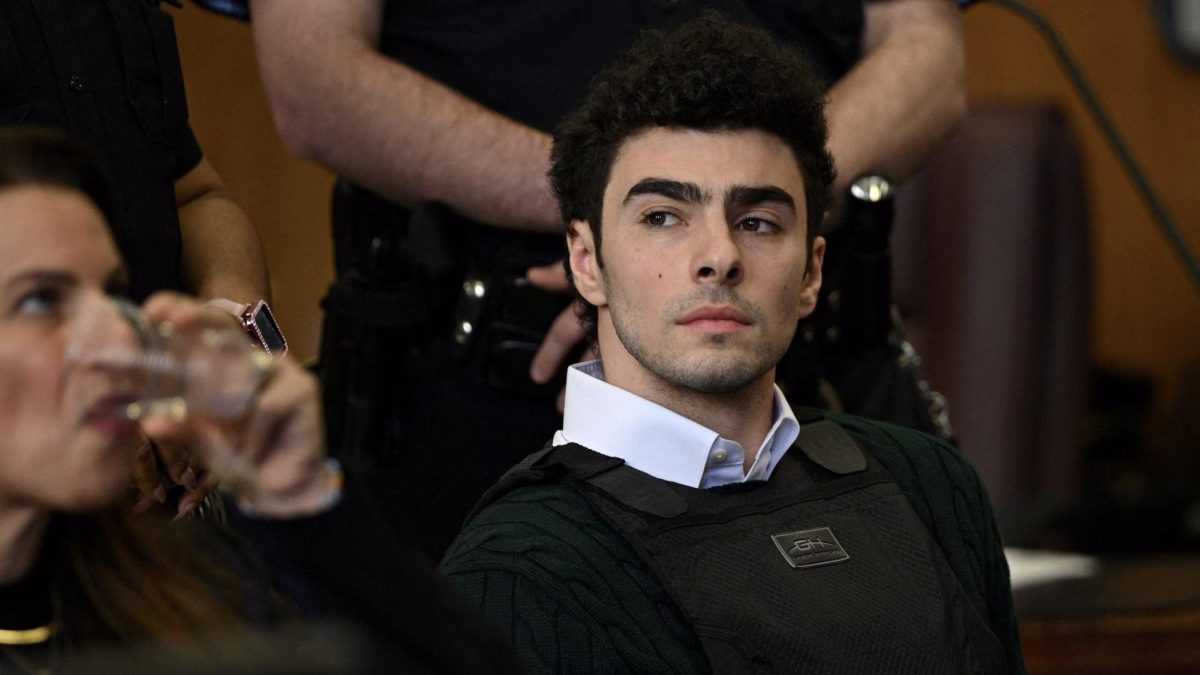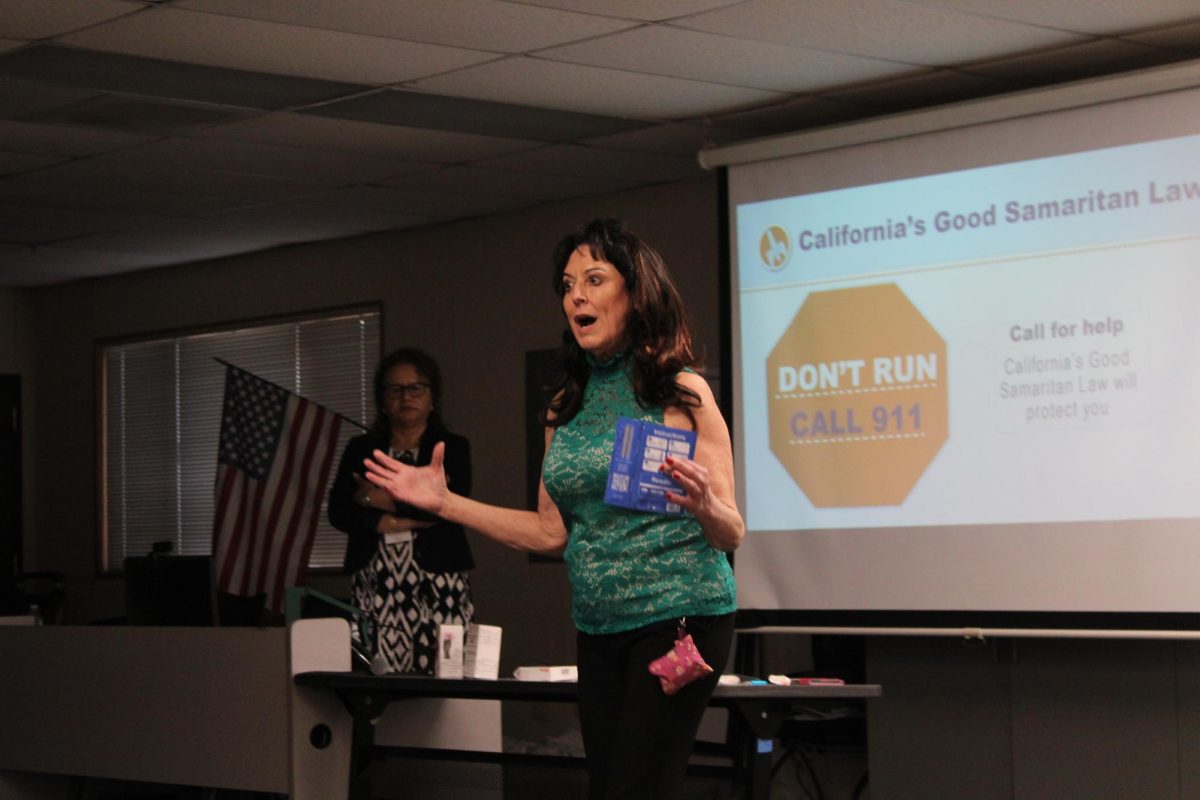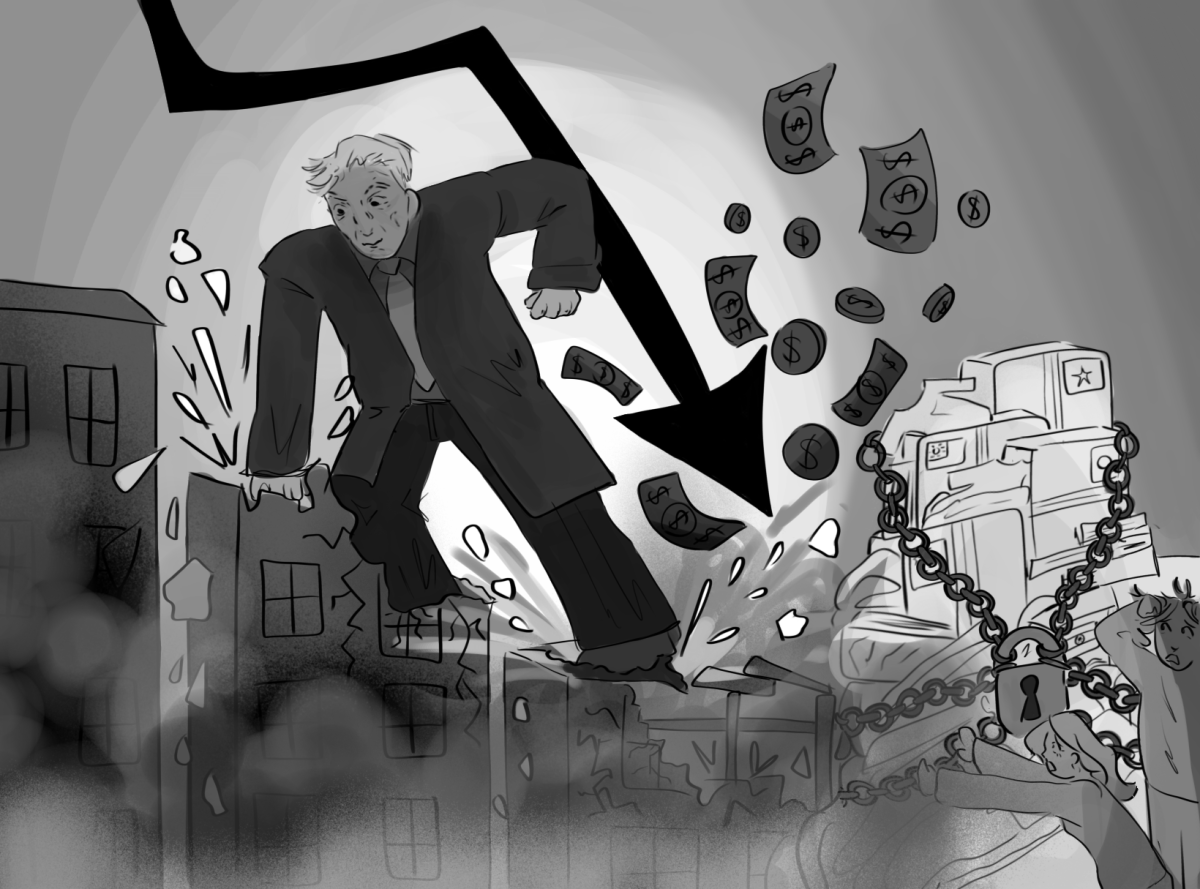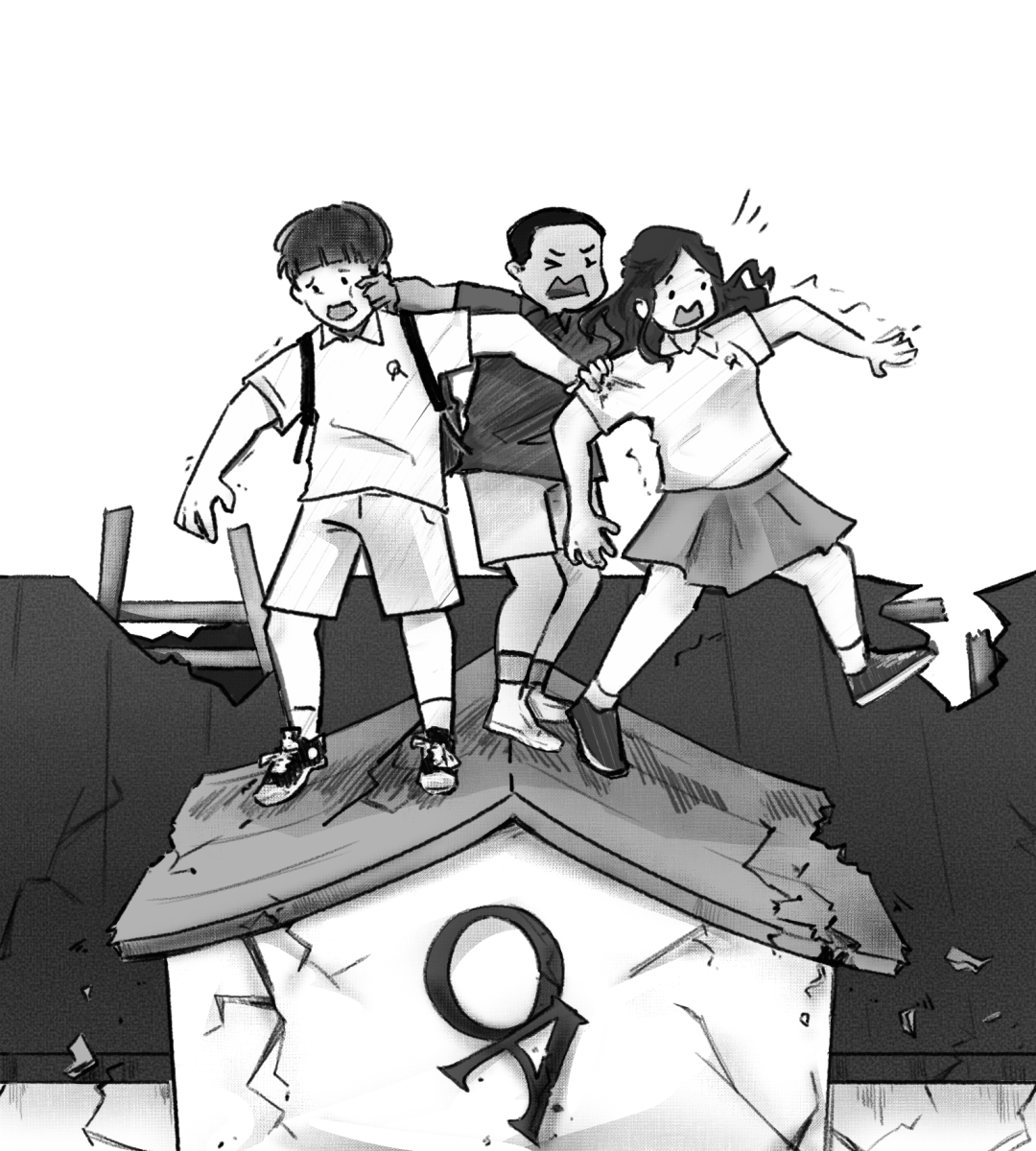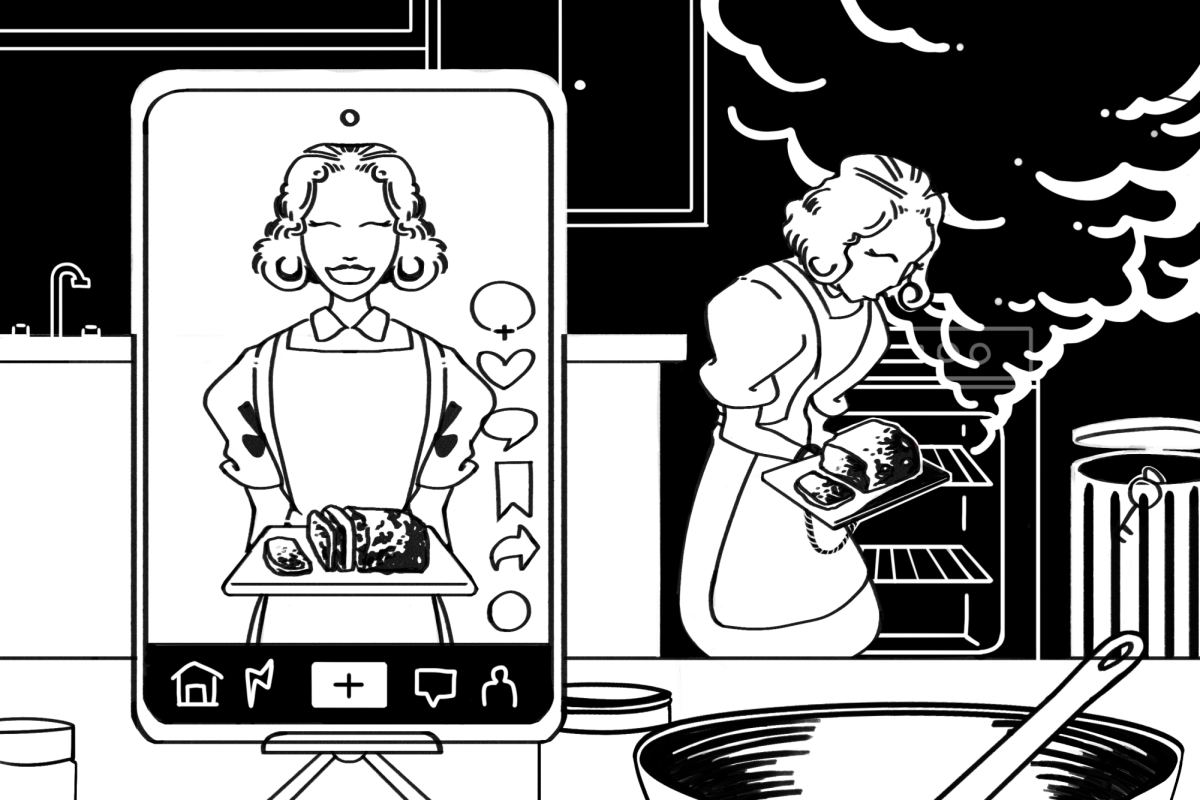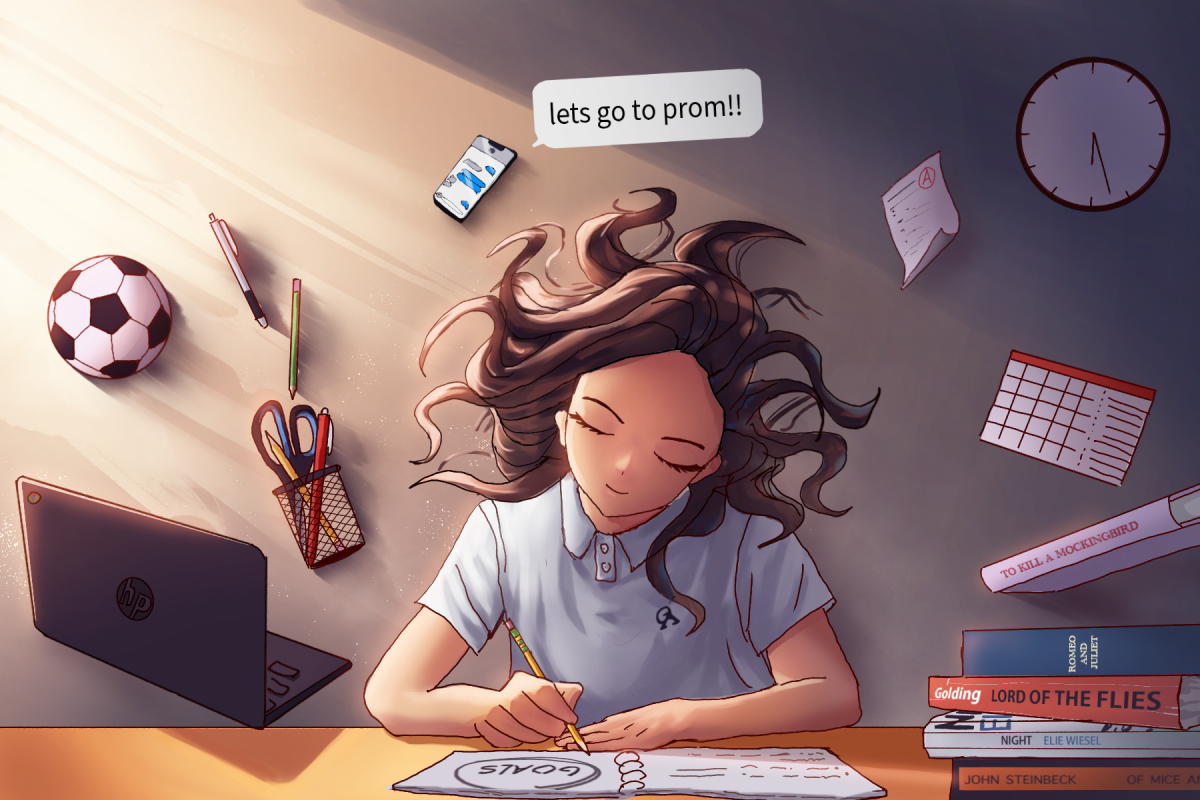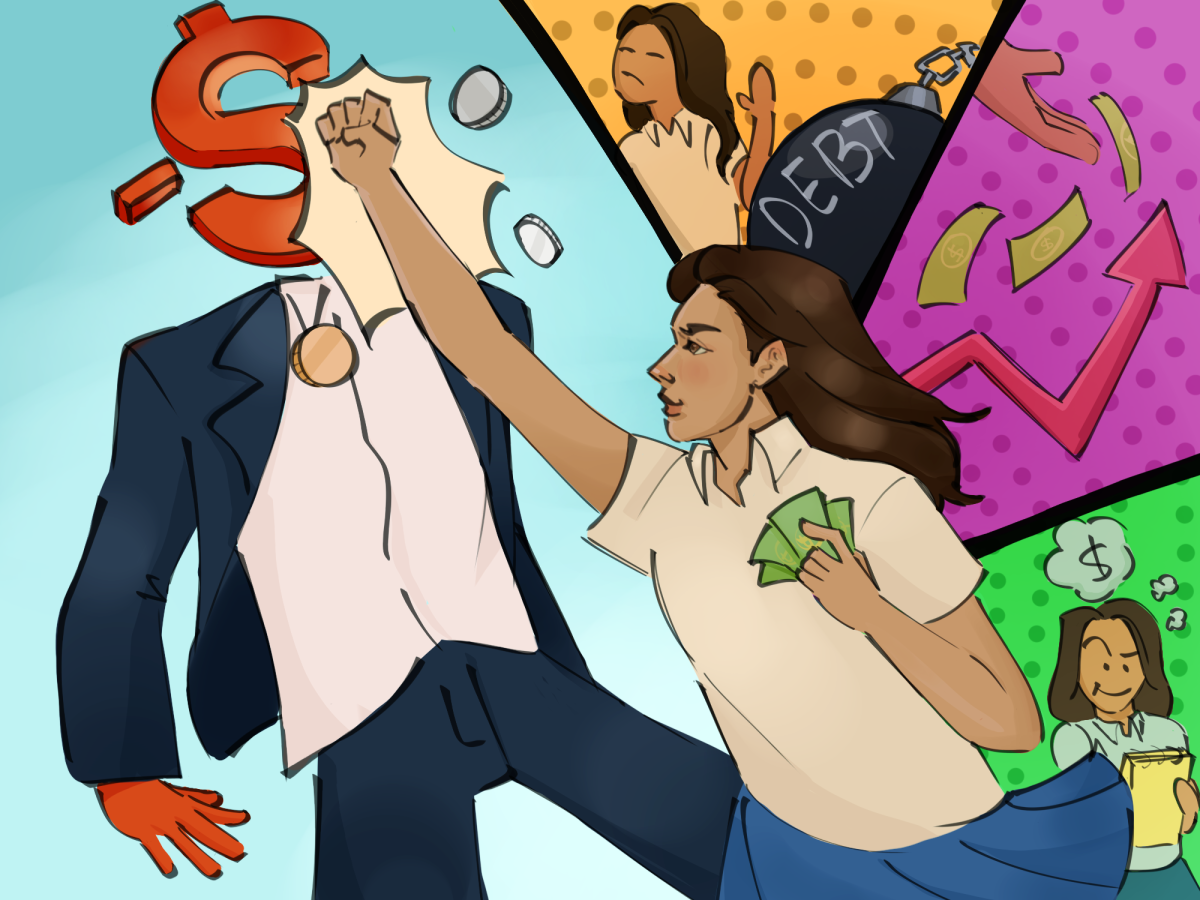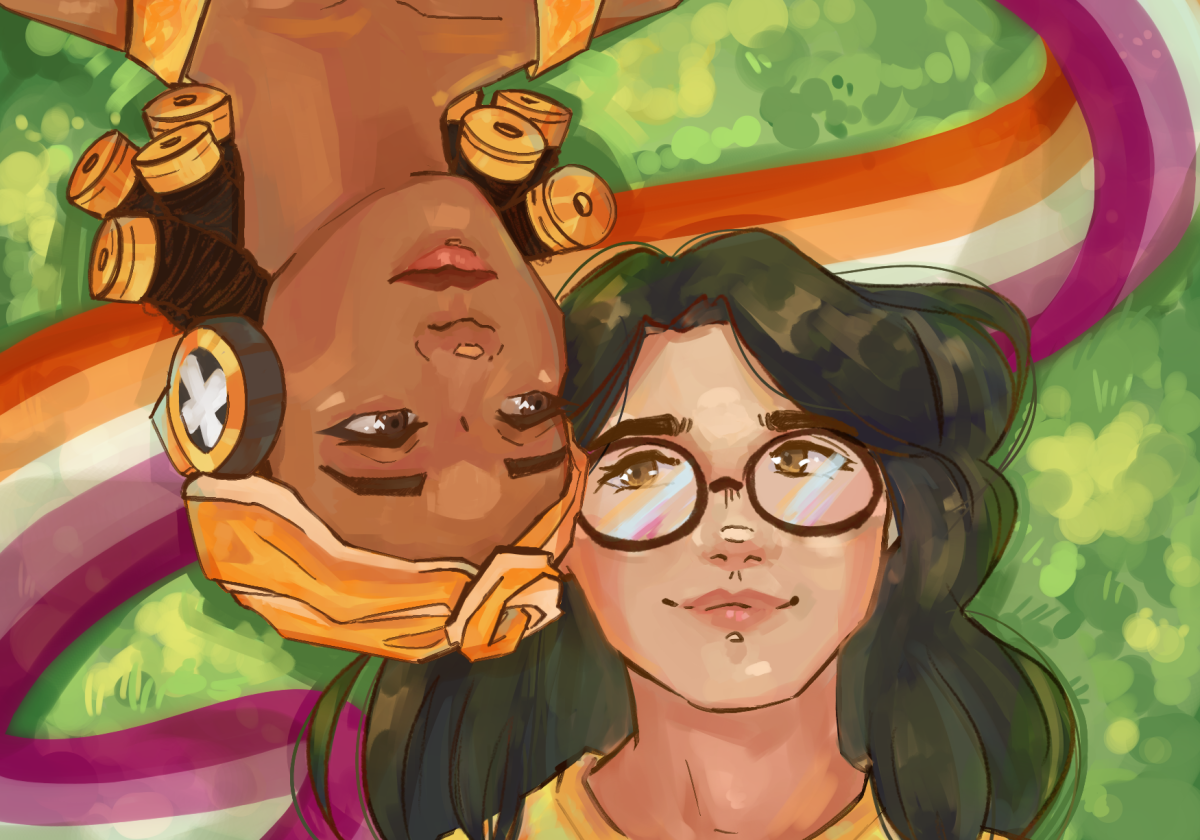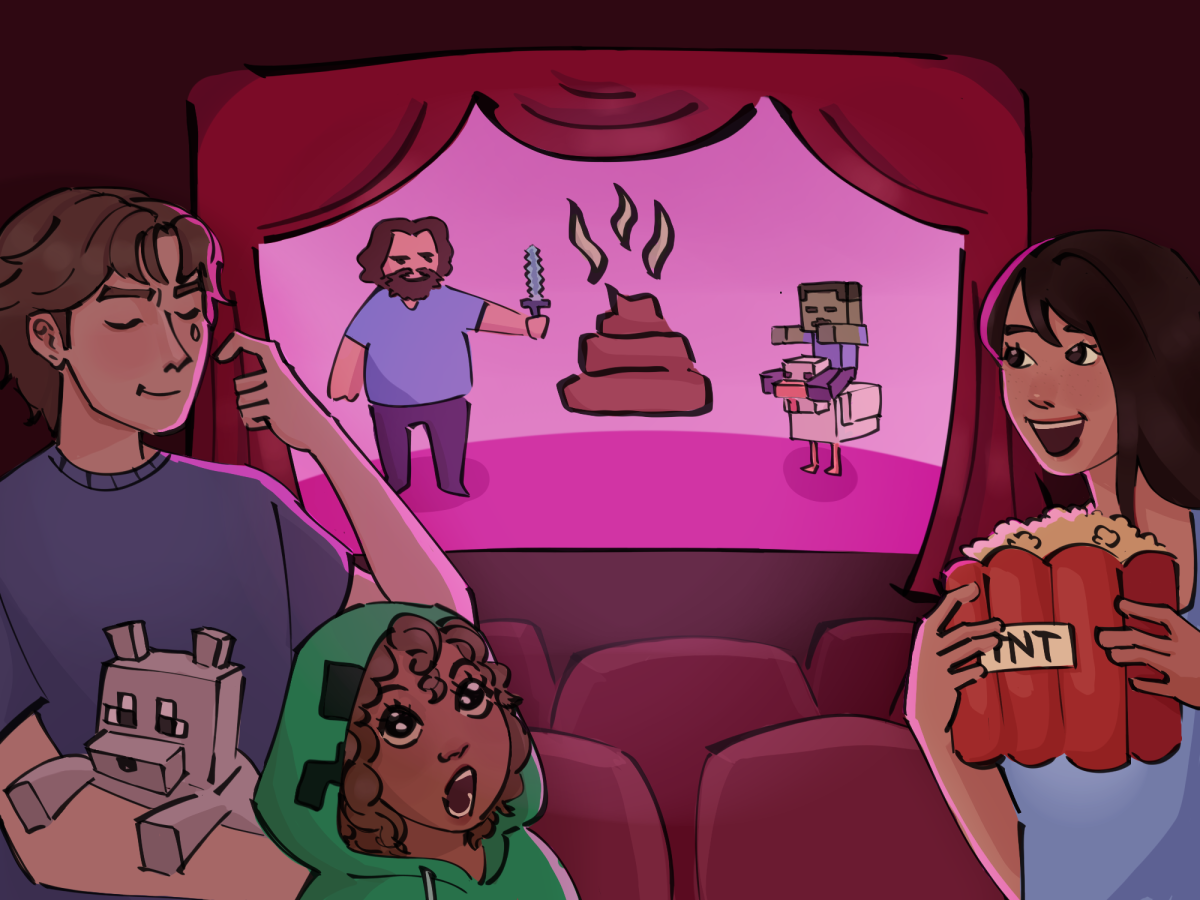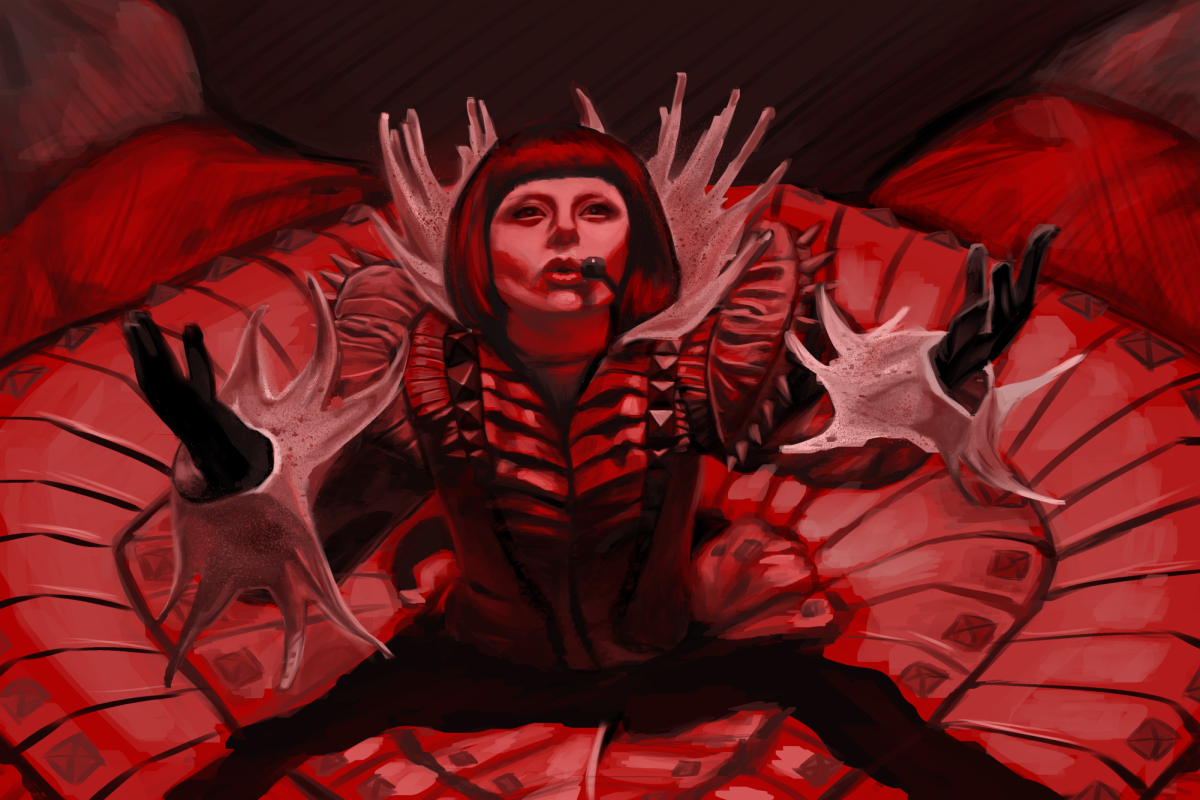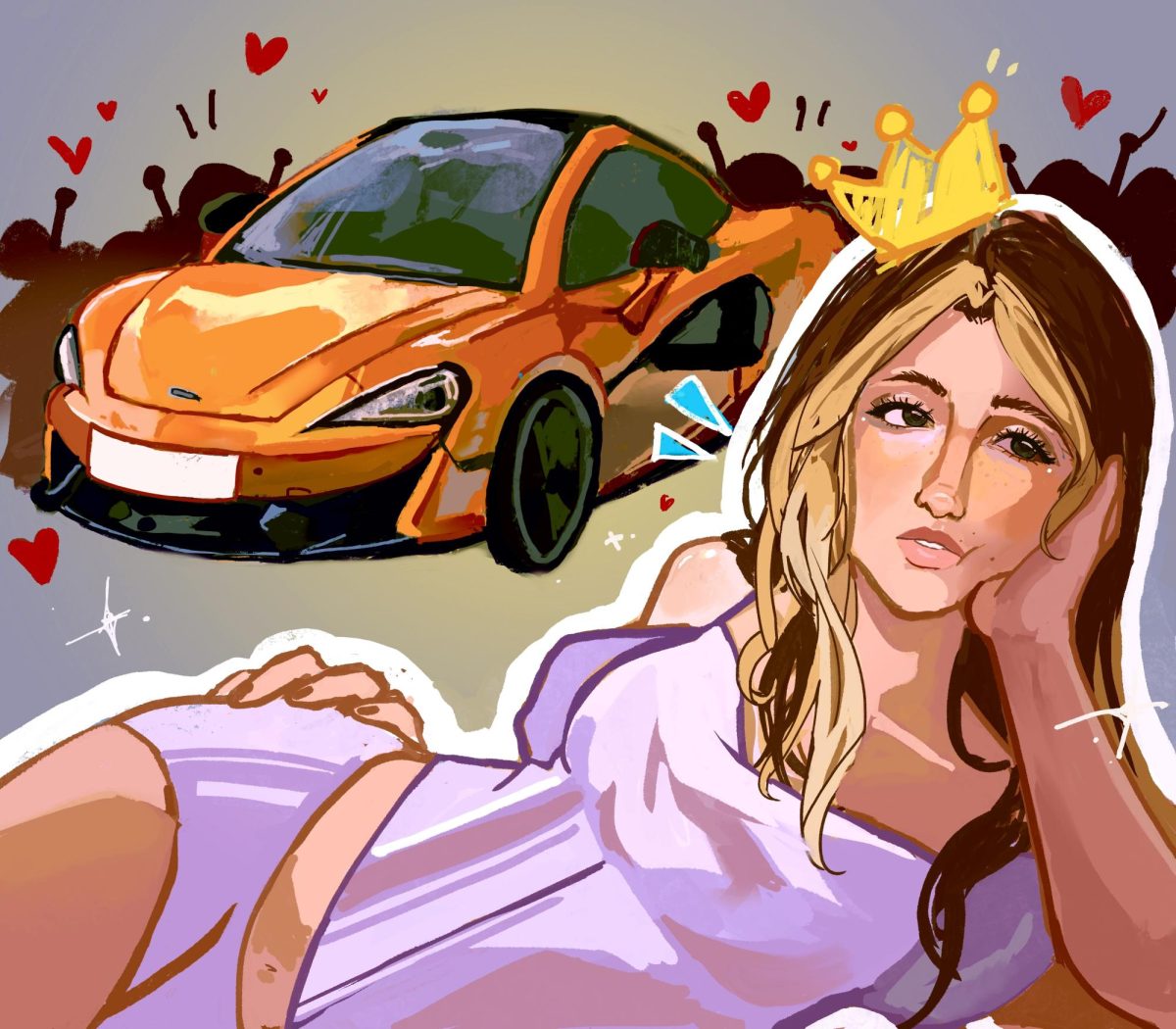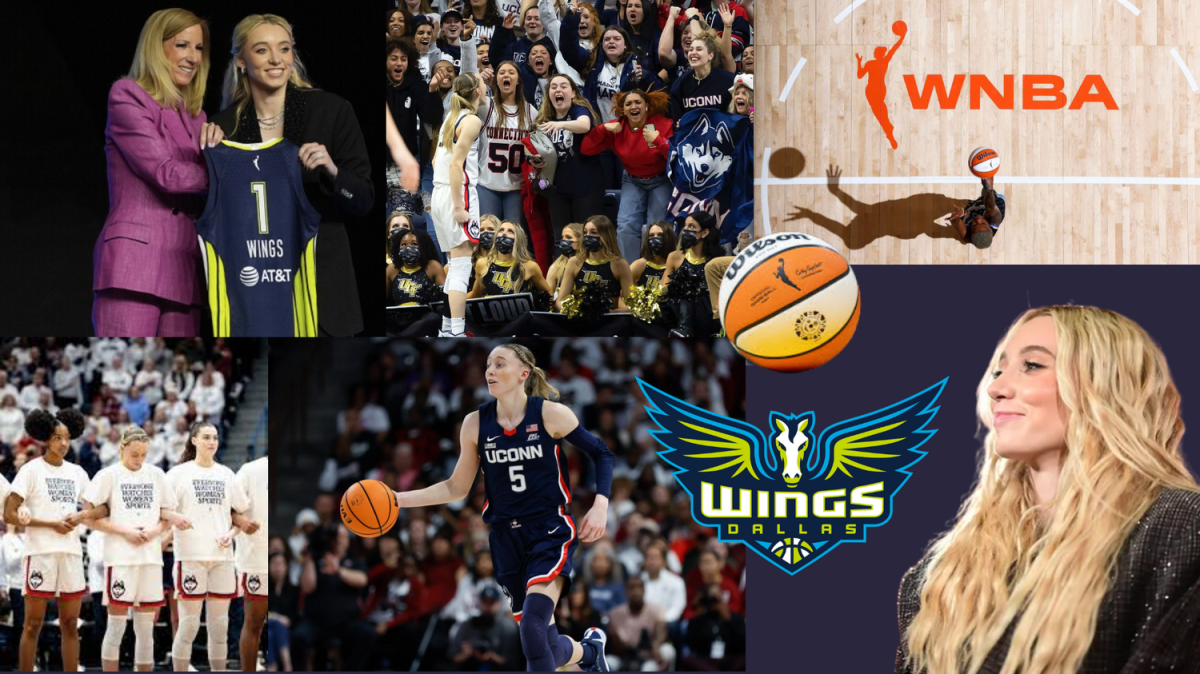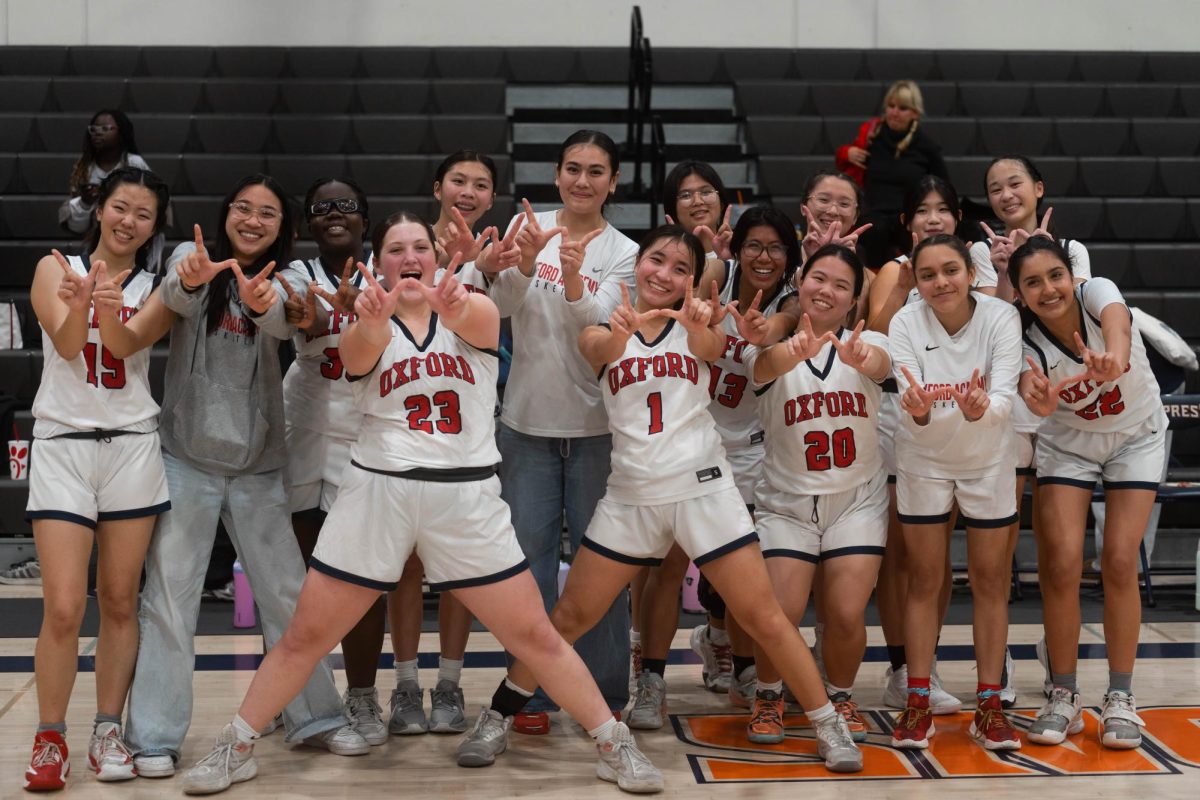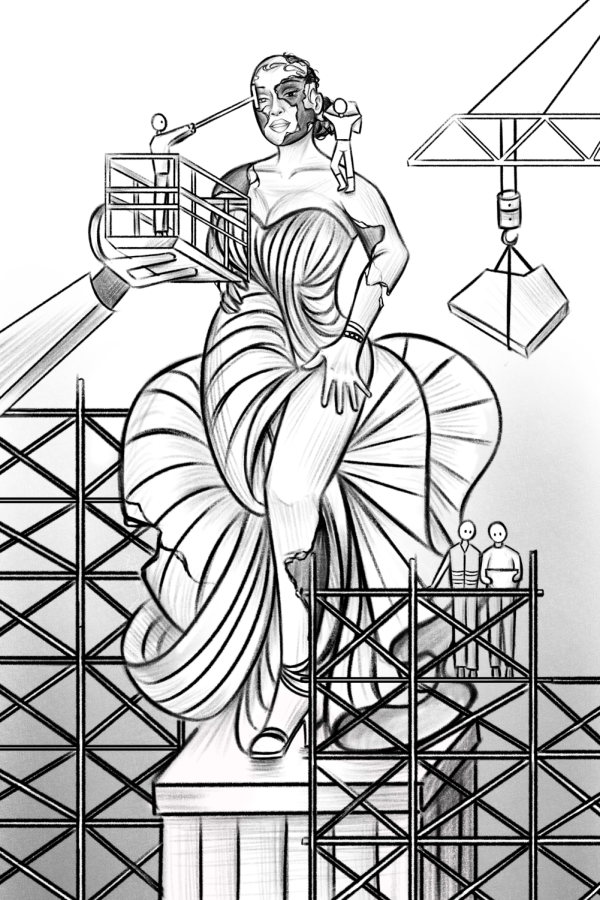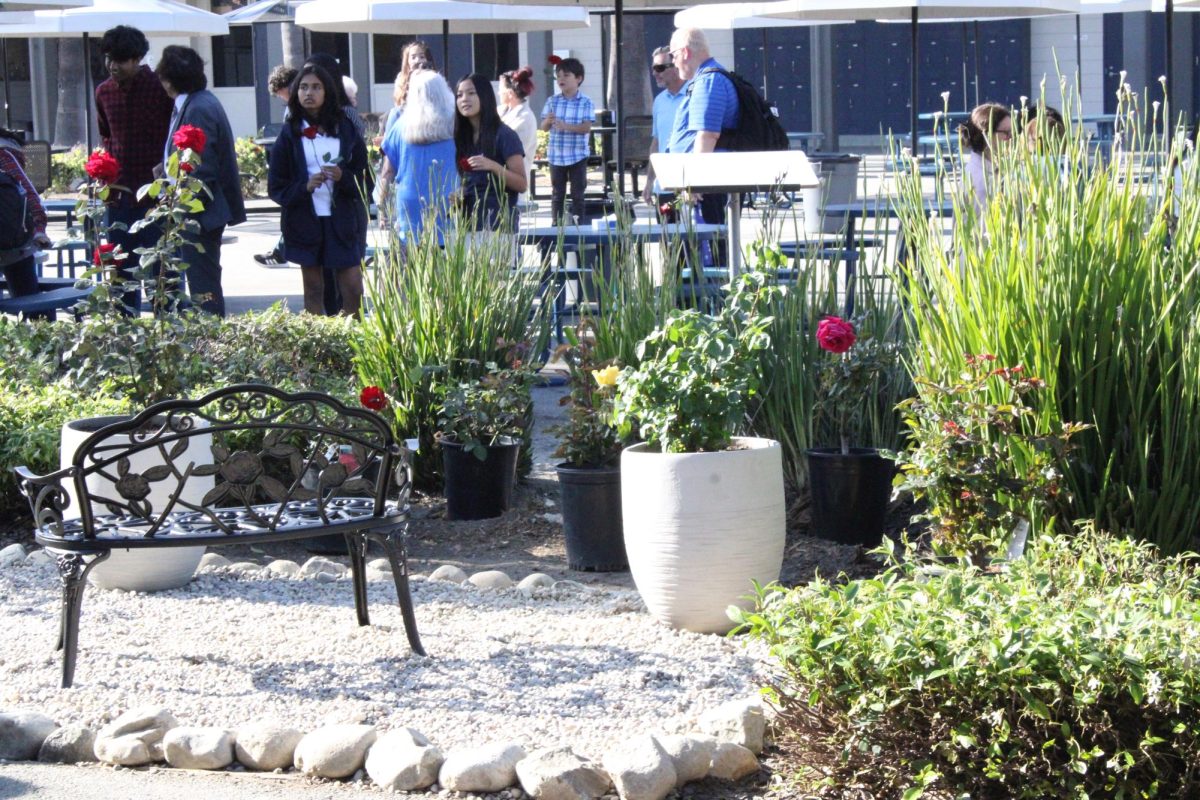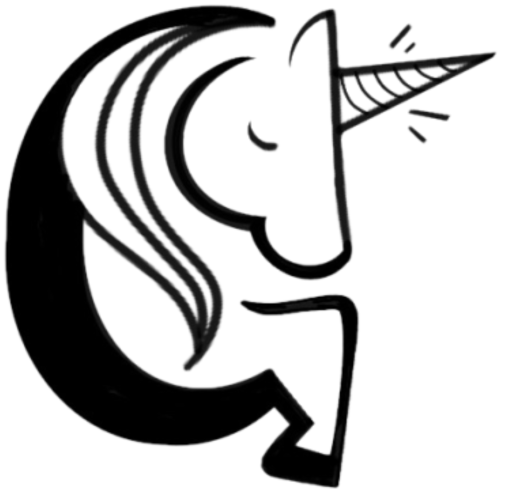On Aug. 20, 2020, rapper Megan Thee Stallion revealed on Instagram live that she was shot by Tory Lanez, another music artist. The internet quickly turned her vulnerable moment into an opportunity to send hate, death threats, and blame, disregarding her humanity— rooting from the normalization of misogynoir, or anti-Black misogyny.
Misogynoir has been embedded in American society for centuries. At the 1851 Women’s Convention, Sojourner Truth spoke out about this discrimination in her “Ain’t I A Woman” speech. Now, people implicitly fit Black women into tropes like the “strong Black woman,” where they are portrayed as being invulnerable.
In June 2020, 37-year-old Amy Mason-Cooley posted on Facebook about her experiences with the trope in the medical community. She was in excruciating pain due to sickle cell disease, but was taken off medications 24 hours later by her doctor despite pleas of her inability to walk. The post was shared over 13,000 times before it went private.
The trope is also popularized through media like Annalise Keating in “How to Get Away with Murder,” who is seen as unbreakable, and she rebounds from her hardships in life. With seemingly realistic depictions, the distinction between characters and people blur, establishing ground for Black women to be expected as embodiments of these caricatures, as society continuously fails them.
After the 2004 Halftime Show, where Janet Jackson’s breast was partially exposed during the performance, Jackson’s career met uncertainty while Justin Timberlake’s continued to grow. Despite the situation being an accident, outrage was felt over it, and only Jackson took the blame. People waited for a moment to attack her and her career — as they tried again with Megan Thee Stallion.
“[American] culture doesn’t know what to do with independent women, definitely not independent Black women,” New York Times culture writer Jenna Wortham said in Hulu’s Janet Jackson documentary, “Malfunction.” “There are really rigid containers the world expects Black women to fit into.”
When Black women advocate for themselves, they’re seen as angry and are shamed while White women are praised. Megan Thee Stallion is already not treated like a real person and was further dehumanized through death threats and other music artists, despite being the victim.
The normalization of misogynoir creates an opening for people to ignore the severity of this humiliation. Stemming from anti-Black-women ideas, these dehumanizing and disrespectful jokes must end.
Megan Thee Stallion is not a character; she is a real person. These situations should not be made into jokes that ignore the acts of violence and trauma inflicted on Black women.
“It might be funny to y’all and just another messy topic to talk about,” Megan Thee Stallion tweeted. “But this is my real life. I’m hurt and traumatized.”
However, Megan Thee Stallion won’t stop here. Although a significant event in her recent life, this situation does not define her. Others can join her in amplifying Black women’s voices, uplifting them and fighting for equality. Calling out harmful behaviors — including jokes — is just one small step. People need to be ready to fully educate others and commit to the cause of destructuring misogynoir.



